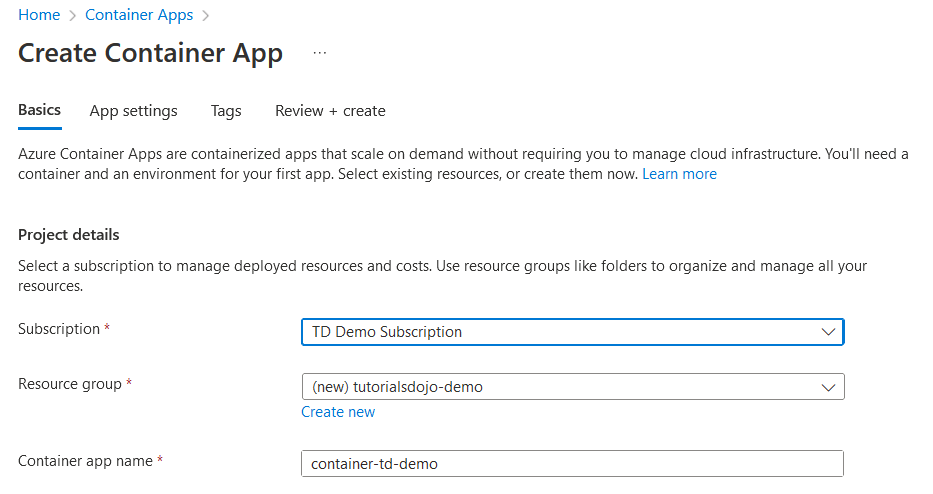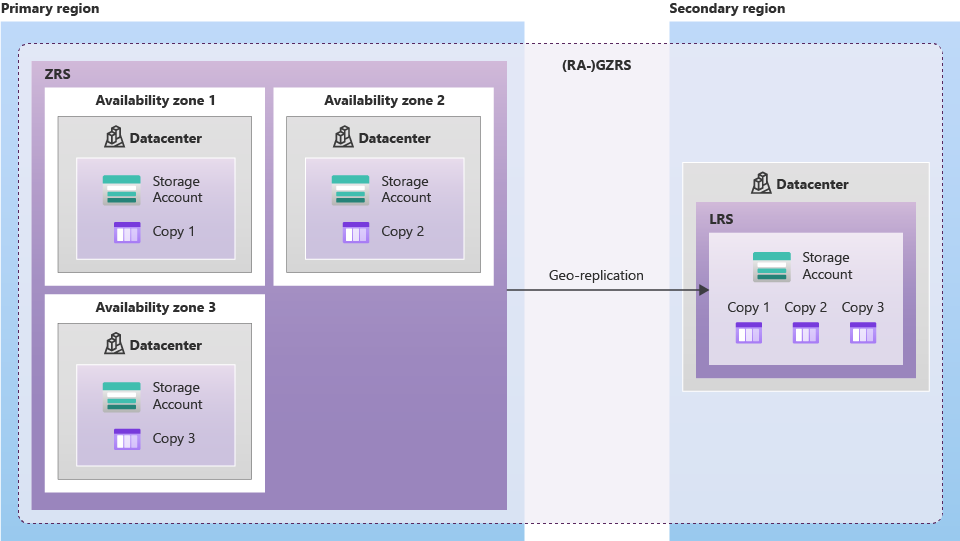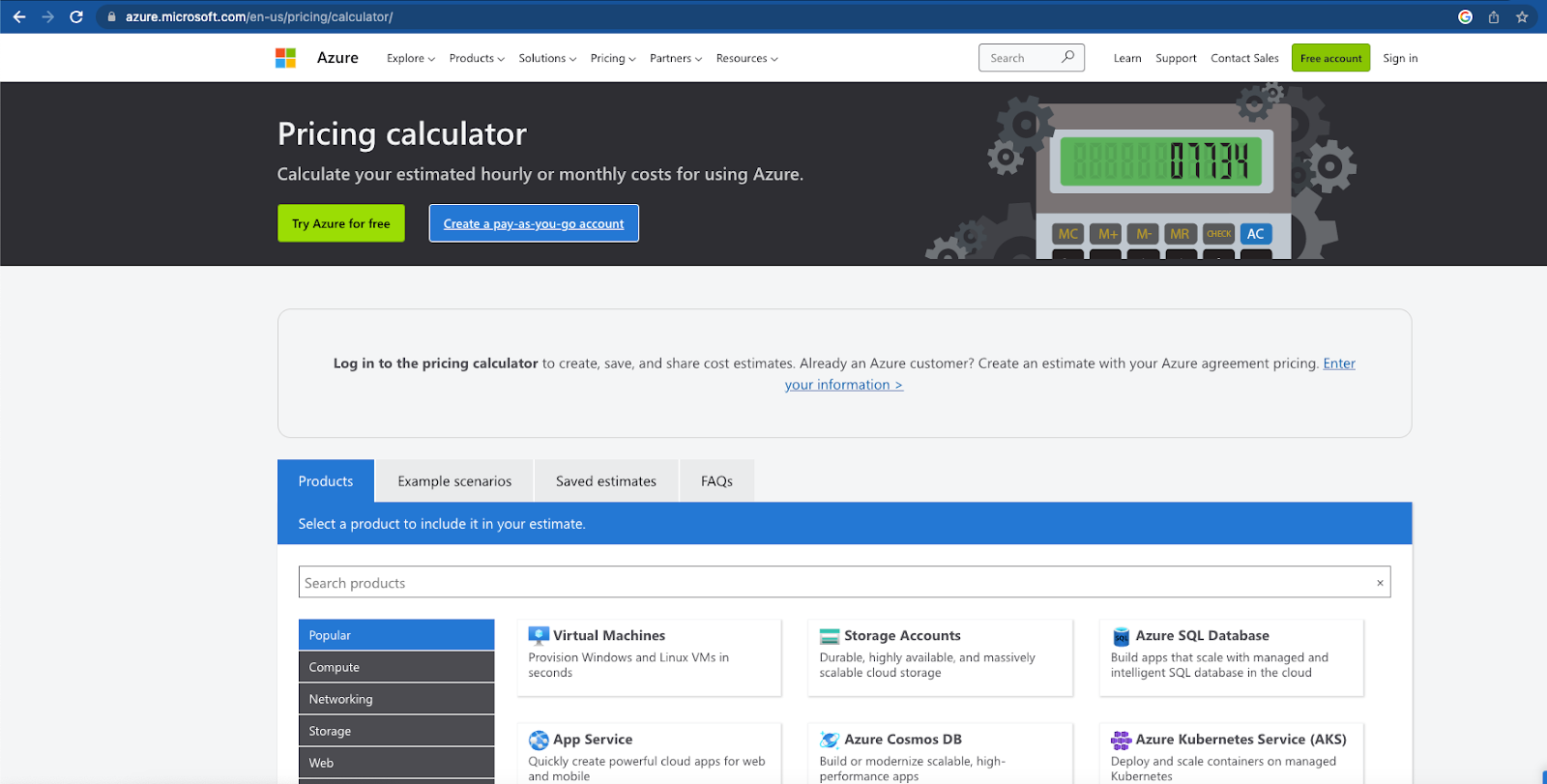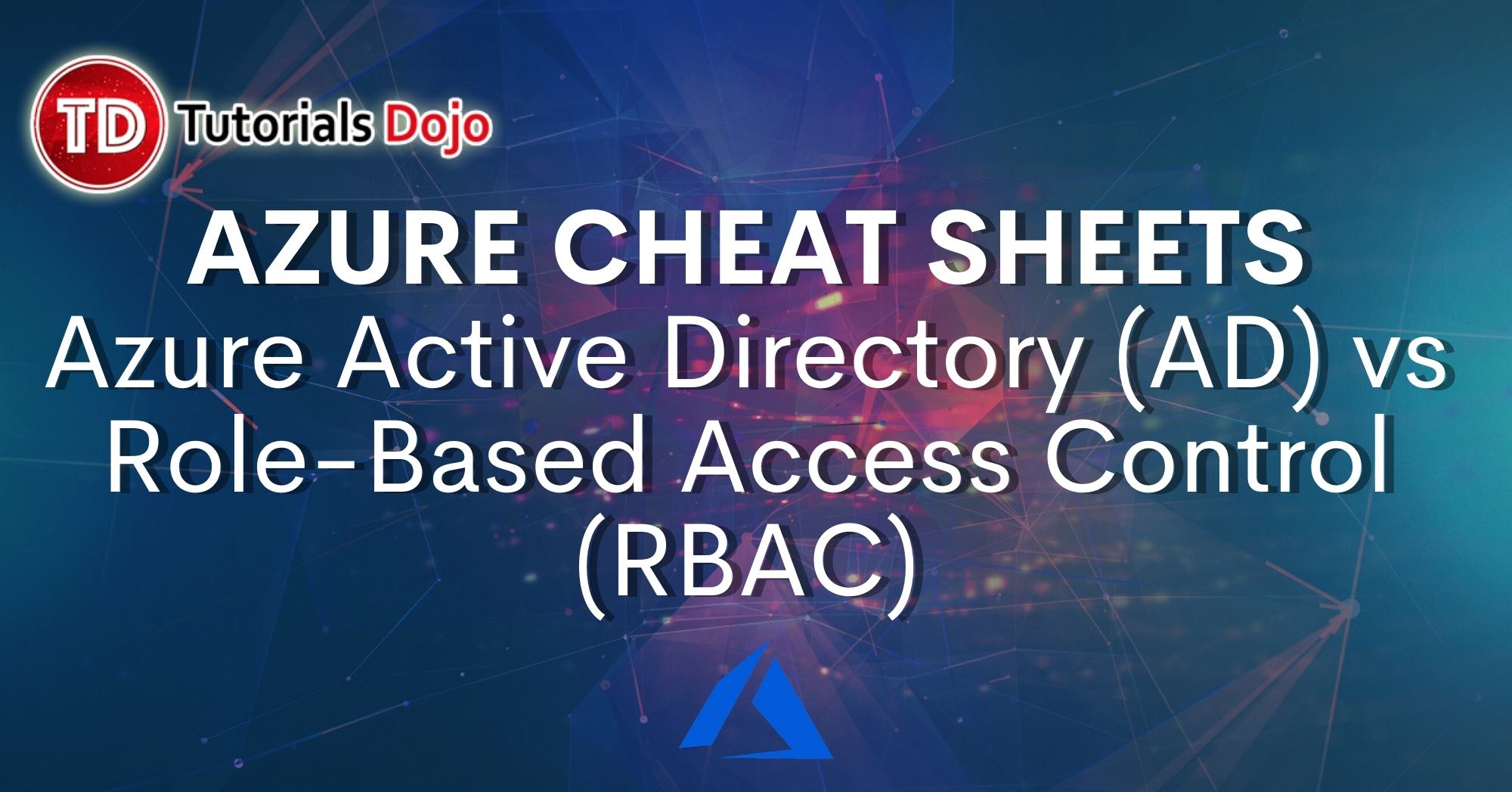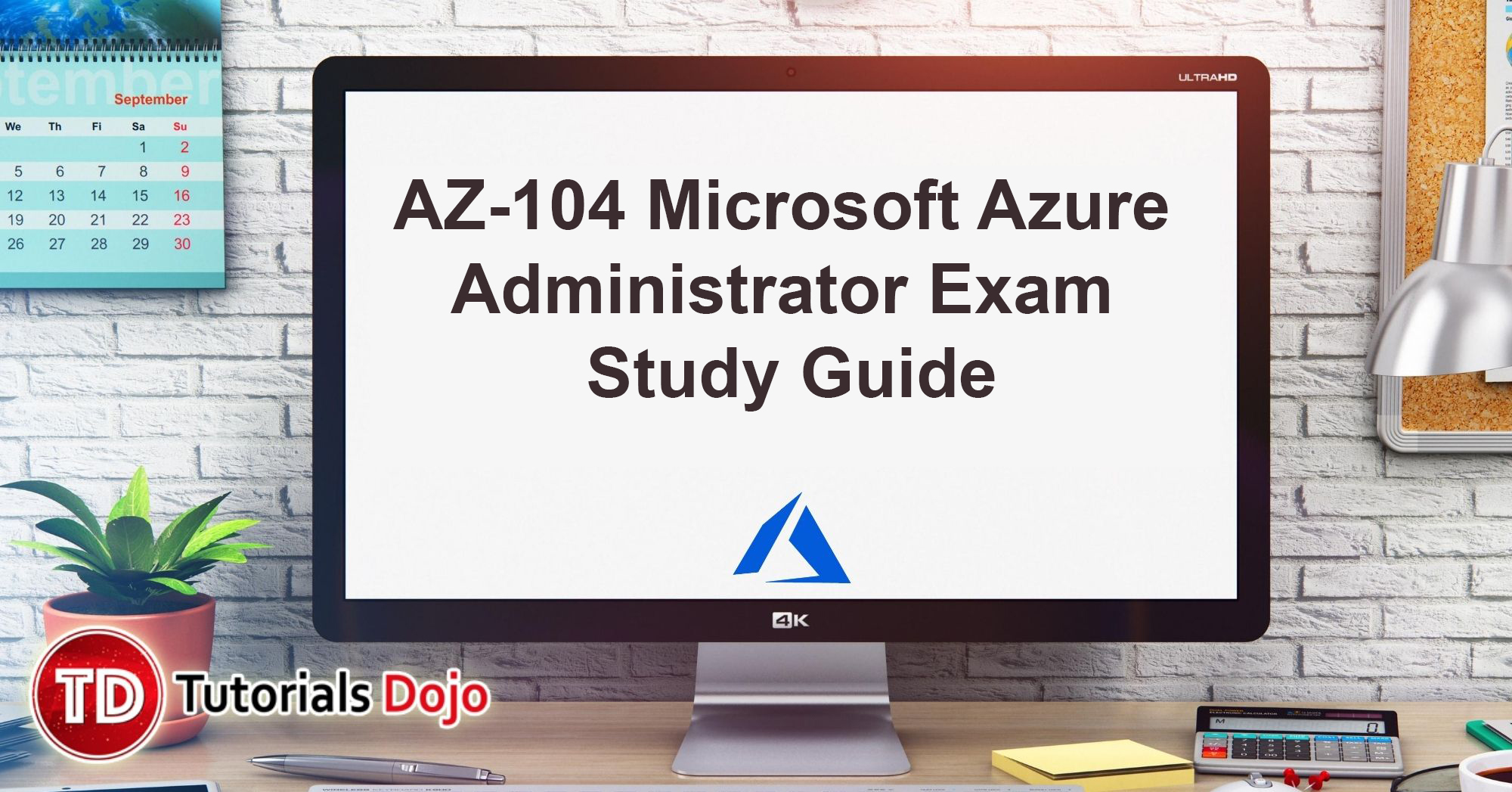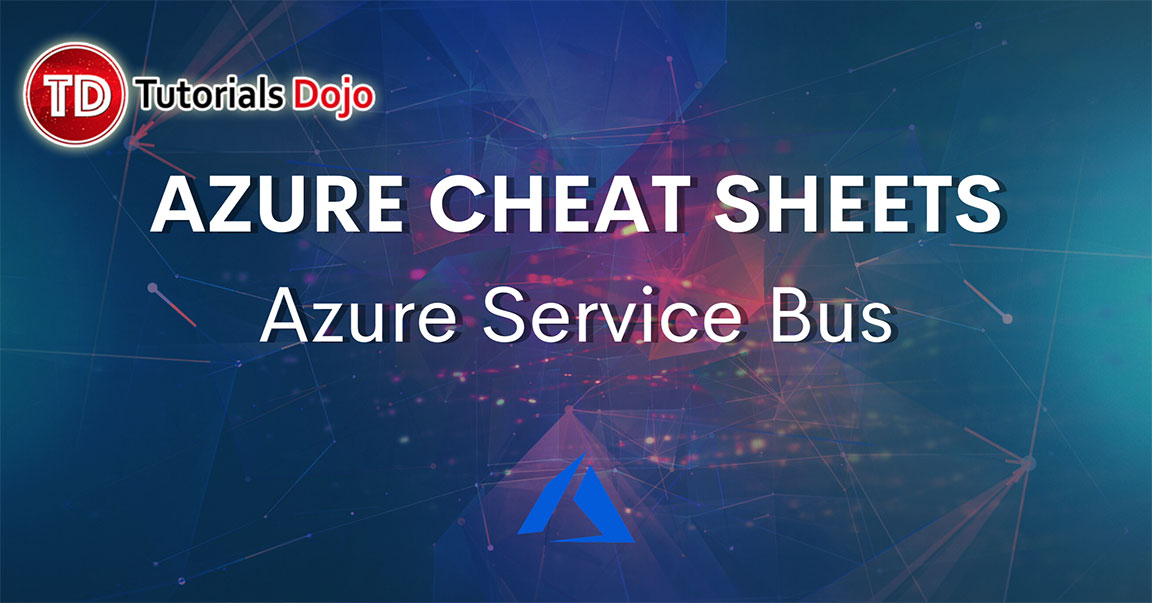Creating And Mounting An Azure File Share
Matt Hidalgo2023-04-26T07:58:47+00:00A file server provides organizations with a system to centrally store, manage, and access files within a network, such as documents, images, videos, logs, etc. With file servers, users can easily share and collaborate on files with others. Azure Files is a fully managed file share solution that aims to replace or supplement on-premises file servers. It is a platform as a service (PaaS) offering by Microsoft Azure that is accessible by SMB and NFS protocol and Azure Files Rest API. You can mount Azure files using Windows, Linux, and macOS workstations. Azure files have many benefits, including the following: [...]


